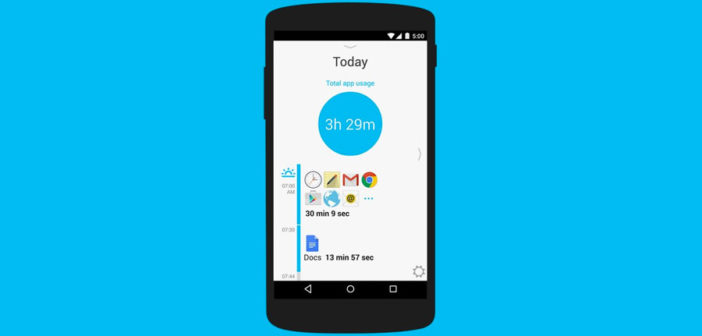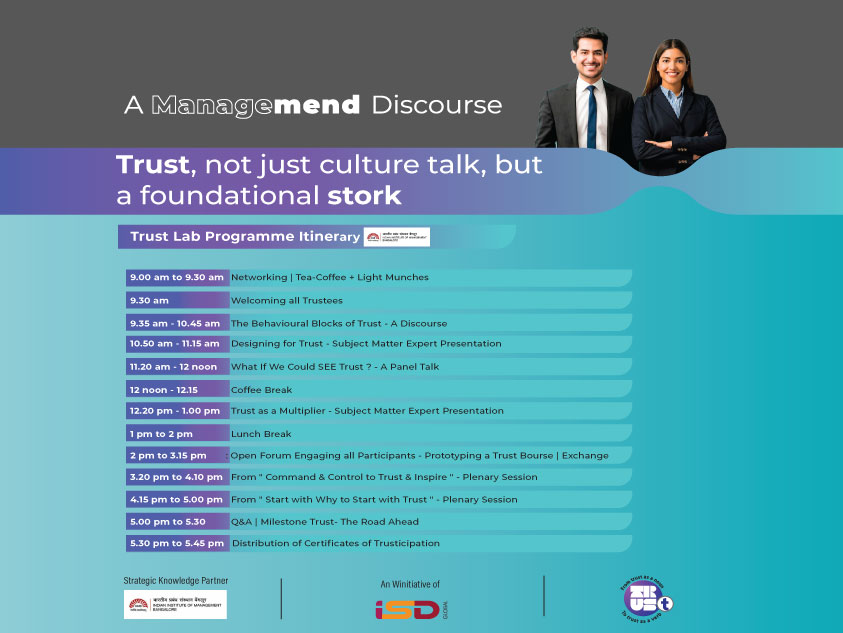A FEW YEARS ago, there was really no way to know how we would use the Internet of Things. A handful prescribed functions for home devices like Nest and Philips Hue made immediate sense. But beyond the gadget-specific actions that blink our lights, lock our doors, and kick on our air conditioners lie scores of automated tasks that can be used to manipulate hearts and minds.
IFTTT, one of the largest platforms for using the internet to do our bidding, hosts a shocking amount of recipes dedicated to obsessing over our romantic partners. Users of the service have created automated triggers to monitor, control, and interact with our significant others.
Here’s one that notifies you when your wife posts anything to Instagram. Another sends your wife a daily report of your activity. This recipe simply keeps a wife up to date on the whereabouts of her husband. And one to notify your boyfriend when you’re five minutes away. And this classic: “Get a notification when your girlfriend posts a new picture so that you can like before she gets mad.” Simple search terms like “wife,” “husband,” “boyfriend,” “girlfriend,” and “spouse” return fascinating results.
IFTTT hosts a shocking amount of recipes dedicated to obsessing over our romantic partners.
The recipes run the gamut, from the totally sexist (“Text my wife that I work very hard for us“) to the digitally endearing (“Text girlfriend ‘I love you’ every day at midnight“) to the totally practical (“Forward your kid’s school report card on to your husband!“).
I reached out for a comment on some of these more stalkery recipes. An IFTTT representative offered this summery response: “We’ve seen incredibly personal stories from our community about how they IFTTT in their daily lives. Some very sweet and some very silly. From simple recipes like an email reminder to plan for a wedding anniversary, to recording a homemade love song and sending it straight to your sweetheart. The possibilities for personalization are endless.”
IFTTT isn’t singularly responsible for cataloging a collection of relationship triggers. Apps like Romantimatic and the now-defunct Kahnoodle help (and helped) people remember to communicate and, um, have sex with a partner—In the case of Kahnoodle, the app would ping you with a notification that it was time for some lovin’. But these were one-off experiments, more art pieces than practical solutions—whereas IFTTT is arguably one of the biggest purveyors of the actionable internet. And the service’s recipes, many of which harness the APIs of the social web, are user-created. These aren’t one-off apps produced by brogrammers after a weekend hackathon, simply hoping for a quick moment in the sun (which in the app universe means one morning on Product Hunt). These are things that real people made because they actually want to use them.
There’s a good and a bad side here. Many of us would prefer a more attentive significant other, one who texts us every day at lunch just because, or one who never forgets an anniversary. The very act of setting some sort of reminder system is endearing in itself. But the negative is that we might be programming ourselves to need digital prompts to participate in our relationships—and worse yet, we might be abusing technology to totally and utterly control and monitor our partners.
There isn’t just a smattering of “remember to” recipes; there are many, many recipes for secretly watching the every digital move of a significant other.
But do we deserve it? A recent survey came to the conclusion that a whopping 42 percent of Tinder is made up of married people (cut to that link for Tinder’s denial and the surveyor’s cheeky rebuttal!). Dating app Hinge is taking steps to actually let you know which of its users are married or in a relationship, because that’s something we all have to be mildly concerned about now. And the dearth of relationship distractions in our lives (many of which are technology-induced) means that maybe such motivation to interact is something we need. Technology has caused some problems for relationships (both concerning infidelity and being consumed by screens entirely) so perhaps we’re all just figuring technology could also fix them.
Dr. Keely Kolmes offered a few insights about the pros and cons. “For some people who already have problems with attention and concentration, digital reminders may be a useful prod in order to remember to do nice things such a giving one’s partner a hug or a compliment,” she wrote me via email. “But for those who don’t have a problem remember these things, we may begin to find there are consequences to outsourcing the motivators for things we’d like to regularly remember to do. For example, there has been research by Sparrow, Liu, and Wegner (2011) that has shown that when people expect to have future access to information, they have lower rates of recall of the information itself and enhanced recall, instead for where to access it.” Essentially, using—or rather, overusing—digital prompts can decreased your own instinct to remember to do something.
“Given their findings, I wonder whether people may come to rely more upon technology than they need to in order to do the usual things to enhance their relationships and relate interpersonally.”
It could probably go without saying, but there are drawbacks to monitoring a partner, too. According to a studyconcerning romantic digital surveillance, people who use multiple forms of monitoring are also more like to believe his or her partner has done something wrong (regardless of whether they actually have). What’s more, monitoring a significant other also results in increased stress for the person who’s doing it.
Dr. Kolmes also says that software used to monitor someone comes with its owns pros and cons. Yes, you can feel more connected, but someone who is prone to anxiety over fidelity is only going to become worse. “I have seen this happen clinically with some of my clients where check-ins become triggers and sources of tension in the relationship instead of having a soothing affect,” she explains.
It feels like it probably all comes down to trusting your gut. If technology that reminds you to be kind to your significant other is solving your relationship needs, then look no further than IFTTT’s smorgasbord of recipes. The real trouble only begins when the temptation of easy and constant alerts start to dull your own romantic instincts.
–
This article first appeared in www.wired.com
Seeking to build and grow your brand using the force of consumer insight, strategic foresight, creative disruption and technology prowess? Talk to us at +9714 3867728 or mail: info@groupisd.com or visit www.groupisd.com



